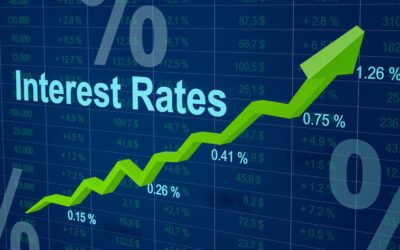There’s no doubt that bankruptcy carries a certain amount of social stigma with it. To many people, it suggests you can’t manage your finances properly, or perhaps have been negligent with your money.
Which is why the idea that bankruptcy is an option, not something that is forced on people in a bad financial situation, surprises a lot of people. Why would you voluntarily choose to be bankrupt?
Well, the reason is that struggling with debt is also a bad place to be in. When you have creditors chasing you, the threat of legal action looming over you and it starts to become a choice between paying your bills and feeding your family, it’s hard to see how things can get any worse. It makes people ill.
When you reach that stage, bankruptcy doesn’t look like hitting rock bottom. It’s actually a way to solve your problems.
Still, even in the worst financial situations, declaring yourself bankrupt is a big decision. It does offer a solution, but there are repercussions. Here are the pros and cons.
Benefits of bankruptcy
The main reason for anyone to declare themselves bankrupt is that it provides a means to wipe off debts. If you see no realistic way of being able to pay them off otherwise, this has massive appeal.
Filing for bankruptcy is a legal process that puts an insolvency practitioner (known as a trustee) in charge of your financial affairs for a specified period, usually 12 months. Even that can feel like a relief. After all the worry and stress of wondering how you are going to claw your way out of debt, often while your financial situation just gets worse and worse, handing over the reins to a professional can be a big weight off your shoulders.
Plus, as soon as you are declared bankrupt, that ceases all creditor action against you. They cannot threaten you with debt collectors, they cannot pursue their claim through the courts. They deal only with the trustee, who takes responsibility for consolidating your debts and renegotiating payment terms as required.
During the main bankruptcy period, you cannot run a business and you cannot take out new lines of credit worth more than £500. But once it ends, you are given a fresh financial start, including most of your major outstanding debts being written off.
The drawbacks
Aside from the undeniable stigma that surrounds bankruptcy, the biggest disadvantage is that you lose control of your finances and your assets for the duration of the bankruptcy period. Your bank accounts are closed down, you will only be given a portion of your earnings necessary to live on. Everything, money in the bank, personal belongings, your home, any business stakes you have – all are now controlled by the trustee. And most significantly, they can decide to use these assets to pay off your debts.
There are exceptions. If you need a car to travel to work, you can keep it. Nothing in the name of a spouse or partner can be taken. But you risk losing everything else as the trustee seeks to satisfy your creditors as far as possible.
Bankruptcy does not clear all debts, either. Tax debts, student loans and child support payments are examples that cannot be cleared by declaring bankruptcy.
Certain aspects of the bankruptcy will also last longer than the main period. If you are made subject of an income payment order, which specifies that a portion of your income must go to servicing your debts, this can last for up to three years. And bankruptcy will affect your credit score, making it harder and more expensive to get credit for six years, after which your bankruptcy will be fully discharged and no longer appear on your records.




